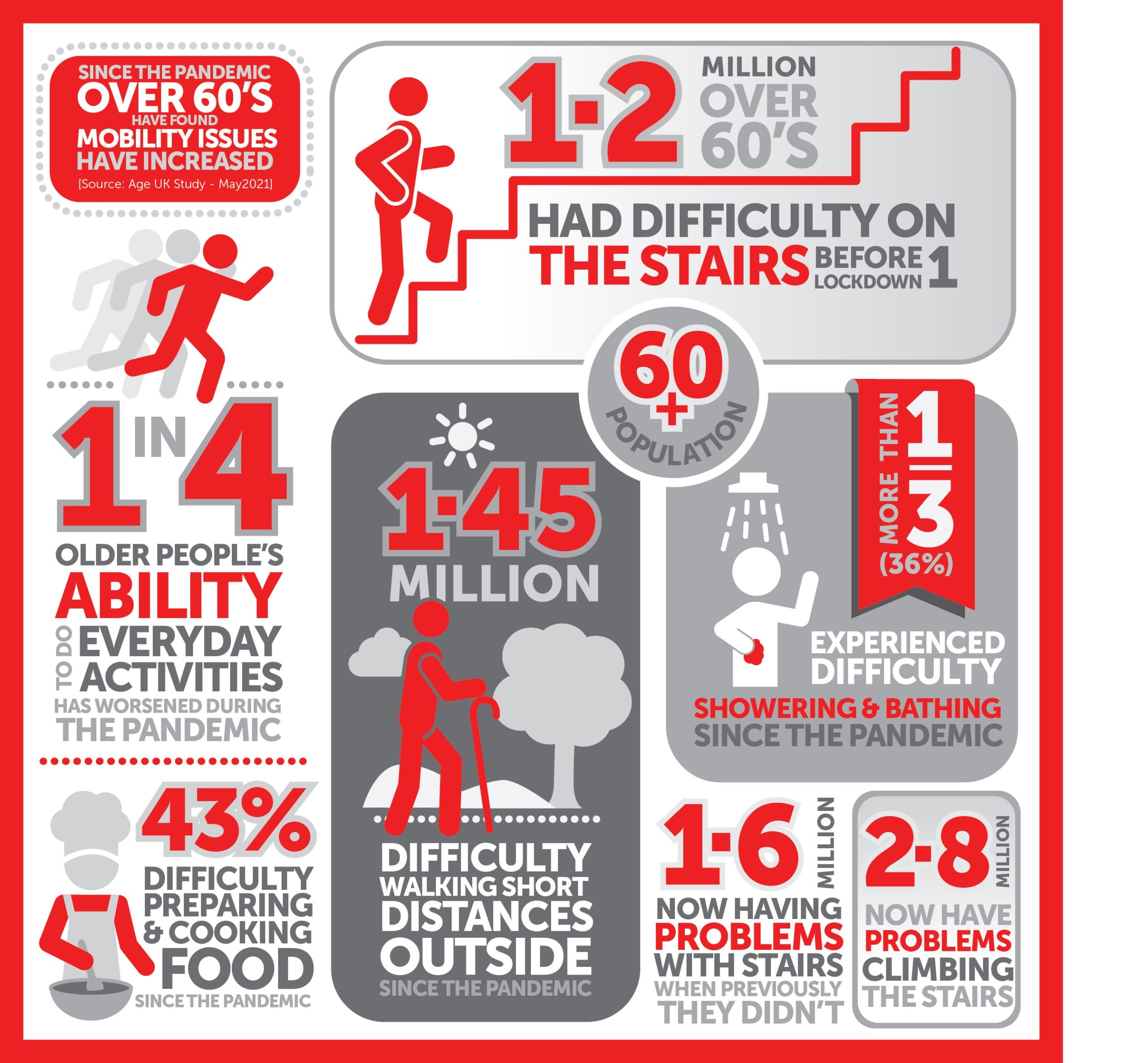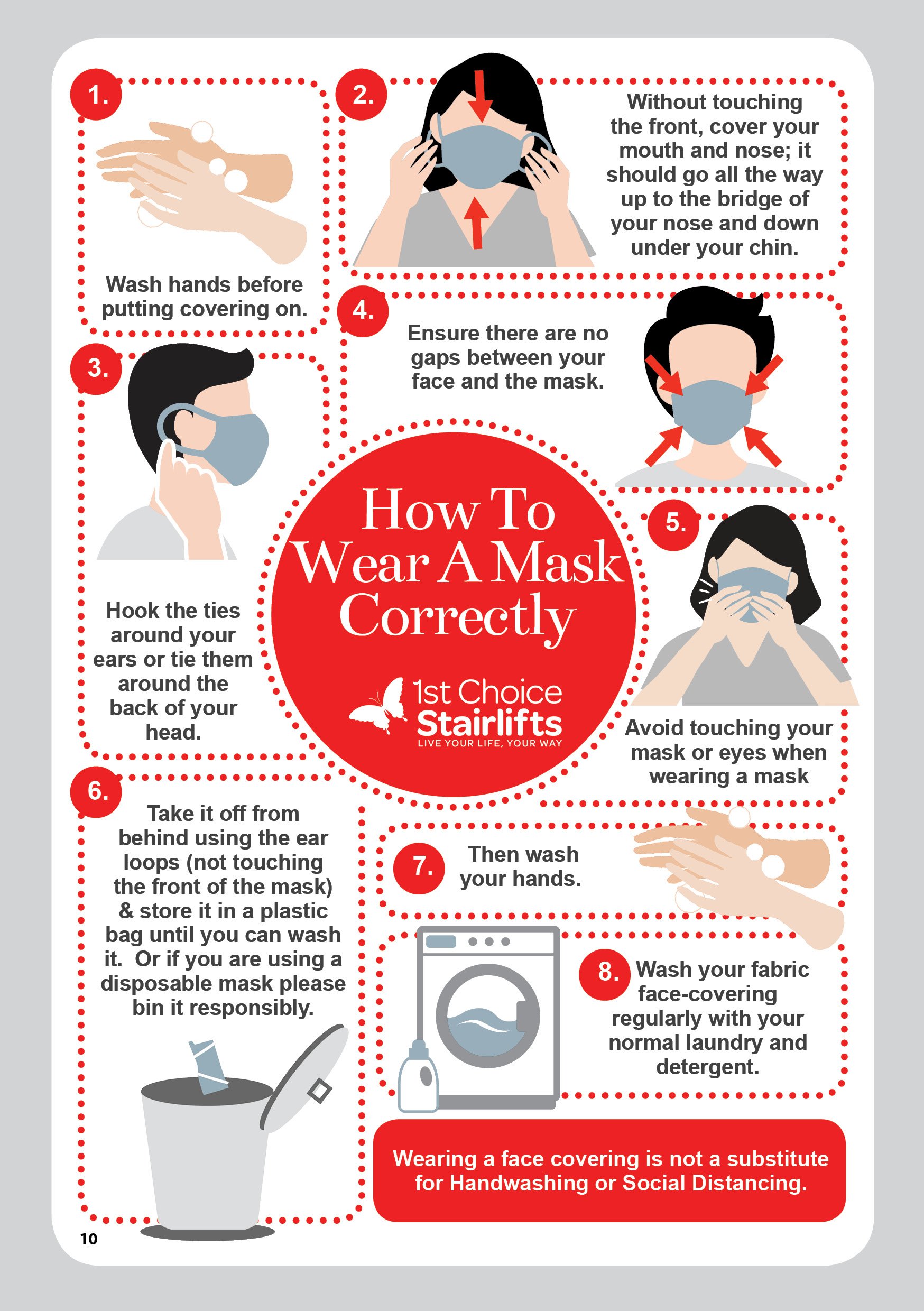
Estimated reading time: 4 minutes
December 3rd sees the celebration of the International Day of People with Disabilities, a day symbolising how disabled people are marginalised and discriminated against in society. IDPWD aims to share actions that can be carried into everyday life to create diverse and inclusive communities. This year, their aim is to fight for rights in the post-COVID era. We are here to talk about how the disabled and elderly have been affected since COVID-19. We also want to talk about what can be done in our community to help.
Isolation and Loneliness
A pressing issue throughout the pandemic, especially among the disabled and elderly has been isolation and loneliness. Due to shielding guidance and isolation precautions, the most vulnerable were even more secluded from their families, community and society. According to the Office for National Statistics (ONS), 27% of disabled people in February 2021 reported a reduction in access to essentials including groceries and medication, while 12% of the elderly reported having less independence than pre-pandemic (Age UK).
What can be done in our community to help? With a quarter of disabled people reporting feelings of burdening others (ONS), it’s important that non-disabled people offer help as and when they can. This may be checking on neighbours, collecting medications and groceries, or even just calling for a chat to offer a friendly ear.
Health Concerns throughout COVID-19
Another commonly reported concern within the disabled and elderly community is the fear of how health may be affected by coronavirus. This may be common among those with pre-existing respiratory problems. 35% of disabled people expressed that they were worried about the impact of COVID-19 on their health. This is vastly different from the 12% of non-disabled people (ONS). Meanwhile, elderly people indicated that they were less confident about visiting GPs and hospitals, affecting 37% and 54% respectively (Age UK). Shockingly, 40% of disabled people expressed issues with accessing healthcare since the pandemic as opposed to 19% of non-disabled. Of course, this is concerning as people may suffer from worsening conditions. Alongside potential effects of Long Covid there could be damaging consequences to those who do not regularly visit their doctors.
It is vital that people with worsening conditions are seen by a professional regularly and if their condition worsens. In order to feel comfortable in public, at a local surgery or in hospital, people should wear a well-fitting mask, ensuring it covers both the nose and mouth. People should also test regularly and keep a safe distance from others.

Mobility among the Disabled and Elderly
Since the start of the pandemic, the amount of disabled people in the UK has also increased due to the presence of Long Covid. Disabled Rights UK CEO, Kamran Mallick said “an illness which lasts for a prolonged, life-impacting period is a disability. Long Covid is, at best, a hidden disability”. Symptoms such as Chronic Fatigue Syndrome and Fibromyalgia have become a more common occurrence for those who suffered from severe COVID-19 symptoms. This has lead to ill effects on lifestyle, physical and mental health. Many elderly people have suggested worsening symptoms since the beginning of the pandemic. 27% of people state being unable to walk as far, 25% live in more physical pain and 10% now struggle climbing stairs.
It is vital that people stay as active as possible and look after their physical wellbeing. This can be done by eating nutritiously and drinking plenty of water (20% of acute hospital admissions are a result of dehydration (Felgains).). If people are suffering from joint pain or difficulties with mobility they may need a mobility aid. These may include a walking stick, walking frames or even a stairlift. These options allow the disabled and elderly to maintain their independence without feeling they are burdening neighbours and family members.
What can we do to help?
Anxious thoughts, isolation and worsening conditions are just a small fraction of factors among the elderly and disabled that have been affected by the COVID-19 outbreak. Those who are able, should continue to look after family members and their community. Many people who need help do not feel comfortable asking for it. Staying active and eating well is a key factor to maintaining good health. Meanwhile, mobility aids may be suitable for those who suffer from worsening immobility.
While checking on neighbours, friends or loved ones, you may notice them struggling with mobility on their staircase. In this case, it may be time to have a stairlift installed to reduce risks of falls and injury. For more information you can call us on 01249 814528, or view our straight, curved and home lift options online.









